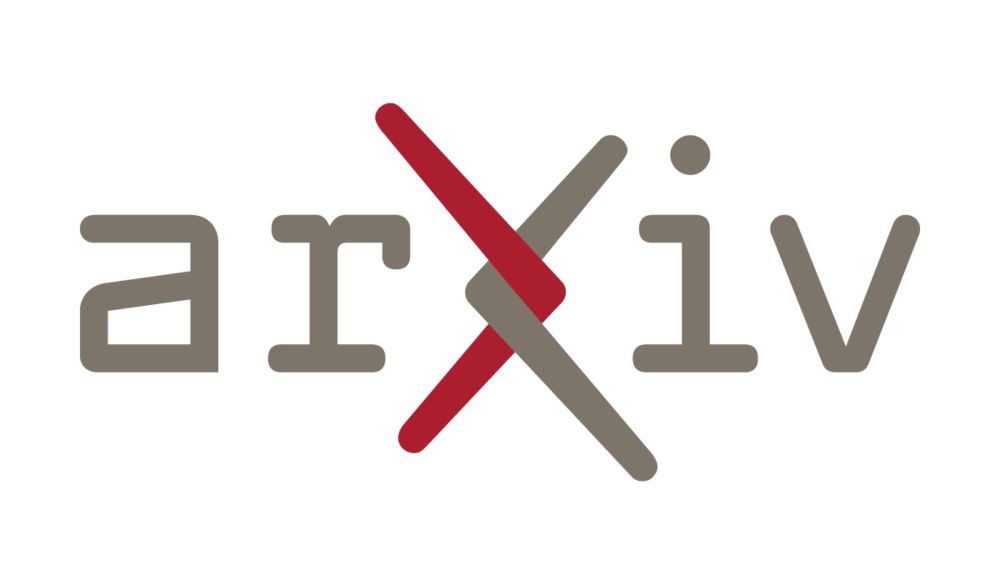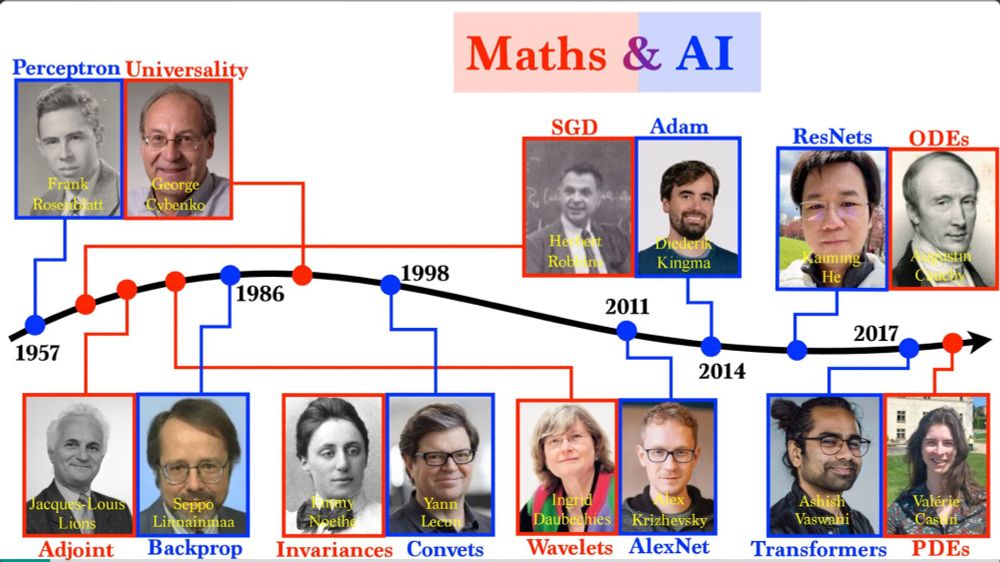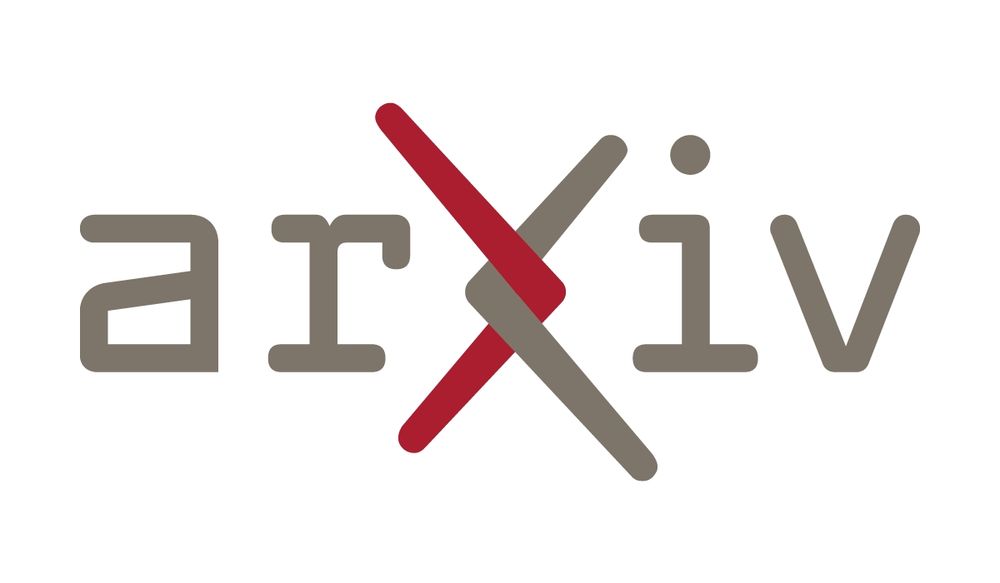

arxiv.org/abs/2506.17366

arxiv.org/abs/2506.17366

Demystifying Spectral Feature Learning for Instrumental Variable Regression
https://arxiv.org/abs/2506.10899
Demystifying Spectral Feature Learning for Instrumental Variable Regression
https://arxiv.org/abs/2506.10899
mathsdata2025.github.io
EPFL, Sept 1–5, 2025
Speakers:
Bach @bachfrancis.bsky.social
Bandeira
Mallat
Montanari
Peyré @gabrielpeyre.bsky.social
For PhD students & early-career researchers
Apply before May 15!
when the expert is hard to represent but the environment is simple, estimating a Q-value rather than the expert directly may be beneficial. lots of open questions left though!


when the expert is hard to represent but the environment is simple, estimating a Q-value rather than the expert directly may be beneficial. lots of open questions left though!
✅ Theoretical guarantees for nonlinear meta-learning
✅ Explains when and how aggregation helps
✅ Connects RKHS regression, subspace estimation & meta-learning
Co-led with Zhu Li 🙌, with invaluable support from @arthurgretton.bsky.social, Samory Kpotufe.
✅ Theoretical guarantees for nonlinear meta-learning
✅ Explains when and how aggregation helps
✅ Connects RKHS regression, subspace estimation & meta-learning
Co-led with Zhu Li 🙌, with invaluable support from @arthurgretton.bsky.social, Samory Kpotufe.
Bonus: for linear kernels, our results recover known linear meta-learning rates.
Bonus: for linear kernels, our results recover known linear meta-learning rates.
Key idea💡: Instead of learning each task well, under-regularise per-task estimators to better estimate the shared subspace in the RKHS.
Even though each task is noisy, their span reveals the structure we care about.
Bias-variance tradeoff in action.
Key idea💡: Instead of learning each task well, under-regularise per-task estimators to better estimate the shared subspace in the RKHS.
Even though each task is noisy, their span reveals the structure we care about.
Bias-variance tradeoff in action.
Can we still estimate this shared representation efficiently — and learn new tasks fast?
Can we still estimate this shared representation efficiently — and learn new tasks fast?
Then: we can show improved learning rates as the number of tasks increases.
But reality is nonlinear. What then?
Then: we can show improved learning rates as the number of tasks increases.
But reality is nonlinear. What then?
In practice (e.g. with neural nets), this usually means learning a shared representation across tasks — so we can train quickly on unseen ones.
But: what’s the theory behind this? 🤔
In practice (e.g. with neural nets), this usually means learning a shared representation across tasks — so we can train quickly on unseen ones.
But: what’s the theory behind this? 🤔
“Nonlinear Meta-learning Can Guarantee Faster Rates”
arxiv.org/abs/2307.10870
When does meta learning work? Spoiler: generalise to new tasks by overfitting on your training tasks!
Here is why:
🧵👇

“Nonlinear Meta-learning Can Guarantee Faster Rates”
arxiv.org/abs/2307.10870
When does meta learning work? Spoiler: generalise to new tasks by overfitting on your training tasks!
Here is why:
🧵👇
Optimal Rates for Vector-Valued Spectral Regularization Learning Algorithms
https://arxiv.org/abs/2405.14778
Optimal Rates for Vector-Valued Spectral Regularization Learning Algorithms
https://arxiv.org/abs/2405.14778


We propose an algorithm to estimate nested expectations which provides orders of magnitude improvements in low-to-mid dimensional smooth nested expectations using kernel ridge regression/kernel quadrature.
arxiv.org/abs/2502.18284

We propose an algorithm to estimate nested expectations which provides orders of magnitude improvements in low-to-mid dimensional smooth nested expectations using kernel ridge regression/kernel quadrature.
arxiv.org/abs/2502.18284

at #AISTATS2025
An alternative bridge function for proxy causal learning with hidden confounders.
arxiv.org/abs/2503.08371
Bozkurt, Deaner, @dimitrimeunier.bsky.social, Xu

at #AISTATS2025
An alternative bridge function for proxy causal learning with hidden confounders.
arxiv.org/abs/2503.08371
Bozkurt, Deaner, @dimitrimeunier.bsky.social, Xu


